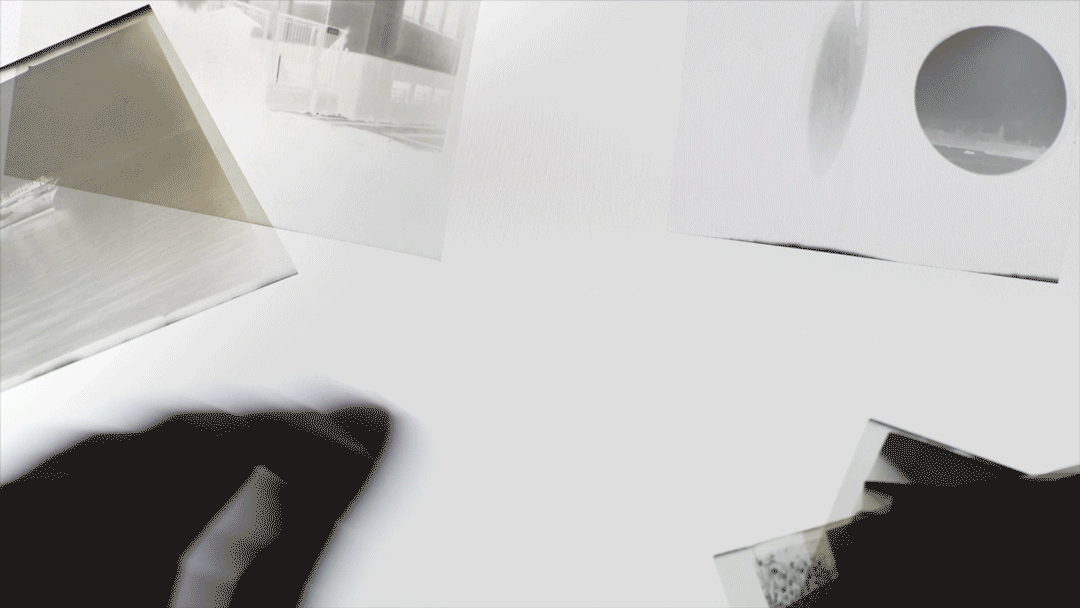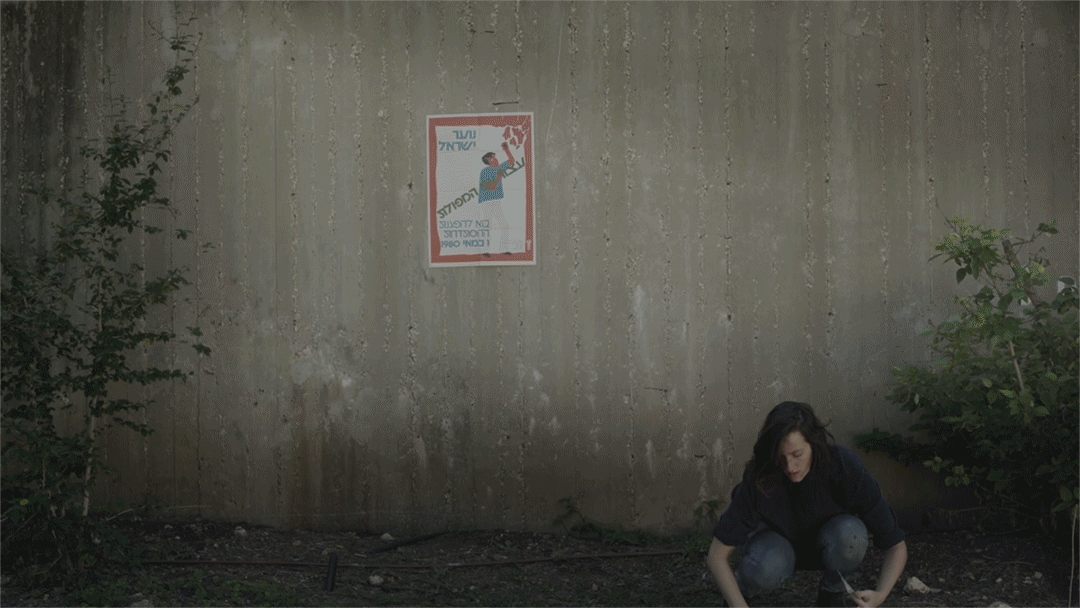Pervomaisk
DOCUMENTARY FILM
Direction and Production. 65 min, 2017.
Official Selection BAFICI - Buenos Aires International
Independent Film Festival, 2018
In the contested territories of Israel/Palestine and Ukraine, a woman confronts her Marxist-Zionist great uncle's paradoxical legacy, navigating the tensions between occupation and utopian ideals of collective ownership.
"To understand why Flora Reznik’s first film is called like a remote Ukrainian city and not Kibbutz Metzer -the Israeli commune located 2500 kilometers from Pervomaisk, where the film takes place almost in its entirety- one needs to arrive to the final ten minutes. To “arrive” and not to “await”, because what makes Pervomaisk a precise and potent symbol of so many things is being deciphered on the way towards there (and, in a sense, it is the way). There are lives, as much as there are places, in which History seems to inscribe with traces stronger than usual: many of the dilemmas, tensions and contradictions of the 20th Century are clearly readable in the parable of the kibbutz founded by Pesaj Zaskin, a wrecked utopia that Reznik does not send off with laments, but with the glorious rebellion of a techno song."
-Agustín Masaedo.
A pile of boxes containing the belongings of a dead man occupies space in a deposit that needs to be cleared for new uses. What to do with the private property left behind by a man who fought his entire life for collective ownership? Can one person's utopia be another one's tragedy? Can one choose their inheritance?
My great uncle, Pesaj Zaskin, was a referent of the Israeli left wing. When I found out that he was about to die, I flew from Argentina to record his testimony. He was the only political activist in my family: frustrated with local antisemitism and the perceived lack of a political path, he became a Marxist-Zionist and in 1952 immigrated to Israel to become a proletarian. He and his teenage comrades founded a kibbutz, a formerly collectivist community located on the border with the West Bank. Since he didn't comply with one of the main mandates of his commune, to have children to populate the Promised Land, his inheritance represented a problem to the recently privatized kibbutz: for the first time in its history an outsider had to take care of it. So I returned.
Pesaj and I had planned to go to Pervomaisk, in Ukraine, to make a film about our origins. But he got sick, and we ran out of time. Pervomaisk means the 1st of May, labor day. I managed to go right between the Crimean war and the current invasion by Russia. Its walls speak a language that is strange to me. Still I can hear (or believe I can hear) the echo of a revolutionary promise.
The film interweaves archive footage with Pesach's testominy, conversations with the kibbut'z inhabitants and with Arab neighbors, and a series of performances in the public space such as water towers and bunkers that become temporary altars where objects that belonged to my great uncle (countless postcards, chess sets, Latin American political posters) find a last resting place.
The encounter with her great uncle Pesaj Zaskin took place in his home in Kibutz Metzer 2 months before he passed away.
The artist recorded 10 days of conversations, of which she made a full transcription and compiled it in a book.
Director and producer: Flora Reznik
Artistic collaboration and Cinematography: Ivo Aichenbaum
Sound recording: Jorrit van Rijn and Yuliya Malikova
Editor: Ariela Bergman
Sound post production: Lautaro Aichenbaum
Colorist: Agustina San Martín
Music: Alejandro Starosielski
Official Selection BAFICI 20
(Buenos Aires International Independent Film Festival, 2018)
With the support of INCAA
Winner of Fondo Nacional de las Artes (Argentina),
Feature Documentary, Third Prize, 2017.







